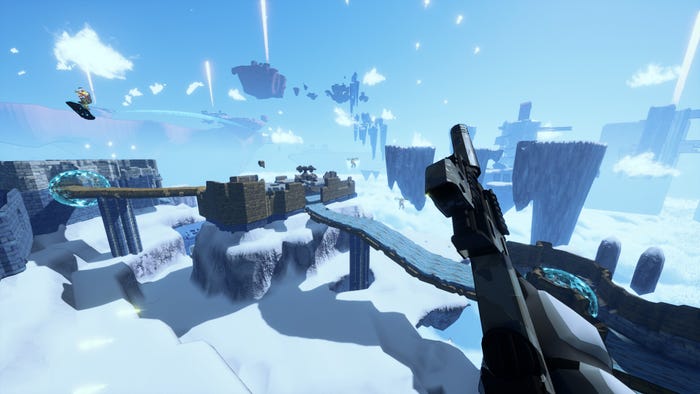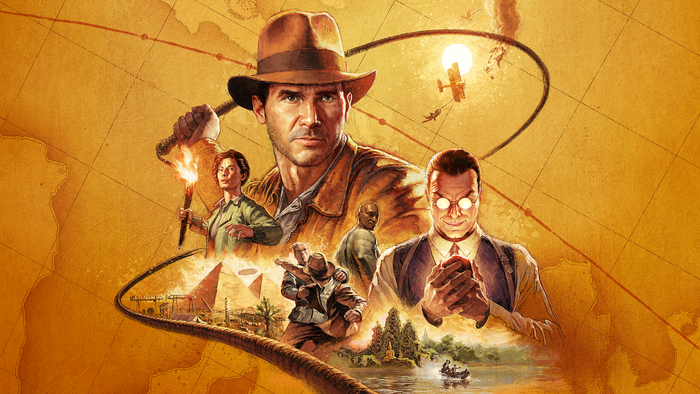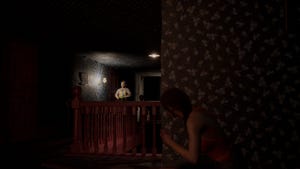How the small size of Piranha Bytes influences the unique feel of Elex
We chatted with the director of Piranha Bytes' latest role-playing game Elex.

Over on the Gamasautra Twitch channel today, we were lucky enough to chat with Piranha Bytes project director Björn Pankratz about the company's new open-world role-playing game, Elex. It's an unusual game to see in this holiday release window, since despite its triple-A trappings, it's still fundamentally a quirky systems-driven game from a niche German developer.
Yet this is Piranha Bytes, whose previous role-playing series Gothic and Risen have found a special foothold in the United States and Europe. Curious about the company's move to a more science fiction-inspired setting, we decided to ask Pankratz about the company's development process and how it makes these fascinating, if niche, RPGs.
If you're currently jetpacking your way around a post-apocalyptic landscape, we've pulled some highlights from our conversation for your brief perusal below. You can watch our full conversation with Pankratz up above!
Piranha Bytes is small for a reason
During our conversation, Pankratz discussed the company's unique design philosophy for making games, which he admittedly says that they need "multiple sentences" to explain clearly. He says after the success of the Gothic and Risen series, there's been interest from fans in seeing the company grow in order to produce larger, more complex role-playing games.
But according to Pankratz, that just isn't something the company wants to do right now. According to him, part of the reason games like Elex can retain their unusual-but-deeply-layered style is that the company's low overhead keeps costs managable and reduces time needed to be spent on business affairs. If the company were to scale up he says, there'd be more people in more management positions with differing visions about what the game (or any game) should look like.
To build a big game world, you need a jetpack
Pankratz spent a lot of time on our stream praising his team's work on the game's open world, and how it lets players explore anywhere and interact with anything even if it kills them. But when making this game, Pankratz explained the first thing Piranha Bytes had to decide was how players would be able to traverse it. Thus, the game's jetpack, along with its fuel amounts and general "feel," were created early in the process, in order to help artists and level designers create properly scaled spaces.
If you're poking around at open-world game design, be sure to pay close attention to how Elex scales objects and locations to work in sync with the player's jetpack, and if you're watching our stream, you can see how it opens doors for players, or sometimes traps them in battles they can't escape from.
Why make players choose a faction before they know them?
When Elex starts, the player character has no affiliation with any major faction and no real knowledge of the game world. It turns out there's a fairly interesting design reason for that. During our stream, Pankratz argued that it didn't make sense for players to pick a class or faction the way they might in another role-playing game, because how could they make that choice without knowing anything about its payoff?
For that reason, Elex not only lets players grow into their desired class in a way similar to Bethesda's recent role-playing games, but also their desired faction and therefore their place in the world.
For more developer interviews, editor roundtables and gameplay commentary, be sure to follow the Gamaustra Twitch channel.
About the Author
You May Also Like









